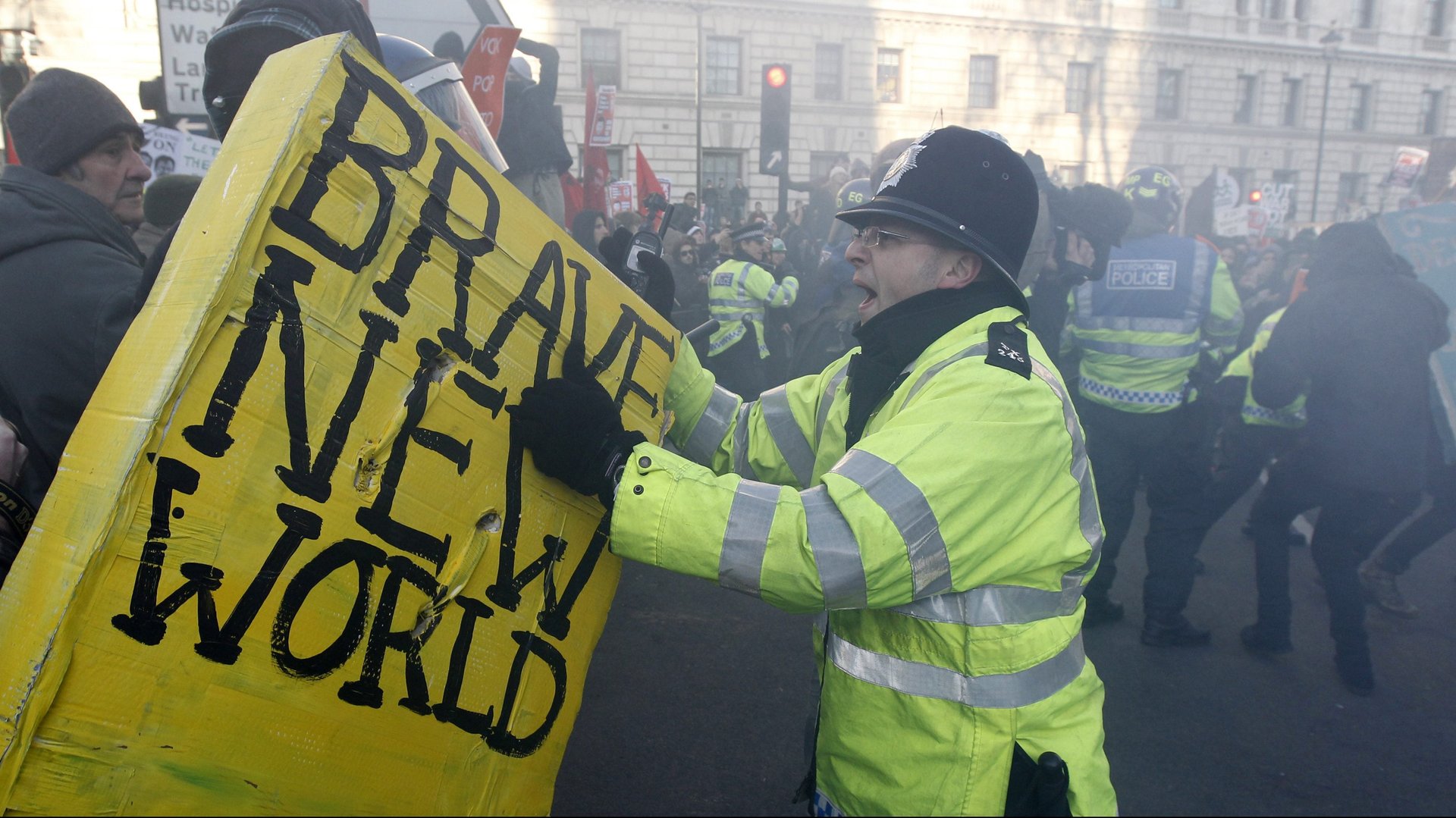Black Brits are more than seven times more likely to be stopped and searched than white people
British police have deliberately reduced the number of stop and searches procedures they carry out in recent years. Nevertheless, the contentious law-enforcement practice still disproportionately affects people of color.


British police have deliberately reduced the number of stop and searches procedures they carry out in recent years. Nevertheless, the contentious law-enforcement practice still disproportionately affects people of color.
Black Brits were more than seven times more likely to be stopped and searched by the police then their white peers. Data released by the Home Office also shows that British Asians were twice as likely to be stopped and searched. On average, ethnic minorities were three times more likely to be stopped and searched than white people.
In 2014, prime minister Theresa May, then the home secretary, announced reforms of police stop and search powers. May called for a significant reduction in the use of stop and search, improved arrest ratios, and more intelligence-led targeted operations.
Last year, there were 304,000 incidences of stop and search across England and Wales—the lowest level since 2002. But that drop wasn’t equally felt by all UK residents; in 2011, for white people there were 17 stops per thousand, but for black people there were 112 stops per thousand. By 2017, that dropped to four stops per thousand people for whites and 29 stops per thousand for blacks. So though black Brits so the biggest decrease in stops and searches, they were still most likely to be affected. For British Asians, number of stops dropped from 36 per thousand to eight per thousand.
Overall, the Guardian notes that since 2002, stops of white people dropped by 28%, while for people of color decreased by just 11%. Just 17% of all stops and searches led to an arrest.
The recent data follows last month’s racial equality audit, which highlighted racial disparities in employment, income, home ownership, and education. In the UK, the unemployment rates for black Brits were double that of whites; black people were far more likely to be in the bottom income quintile; and were one of the ethnic groups least likely to own their home.
That said, the audit showed a complex picture of progress toward equality in the UK. While there were several categories where white people held the advantage over ethnic minorities, the latter dominate education: Students from ethnic minorities who finished their initial schooling at 18 were more likely than their white peers to immediately go into higher education.